CCE accepts donations through the Norbert O. Schedler Honors College Enhancement Fund. To donate to CCE, please contact Amy Fureigh, Senior Director of …
News
How to Support CCE
Tyler Nicholson: UCA in Spain – History and Culture
I don’t know anything. Not a thing. I’ve heard the greatest pain with learning languages, and indeed with any intellectual endeavor, isn’t the ennui of long …
[Read more...] about Tyler Nicholson: UCA in Spain – History and Culture
Janie Gentry: Filming Raccoon Soup
I am incredibly passionate about filmmaking and when it came time to choose a capstone project I knew that I had to take the opportunity to direct a short film. …






